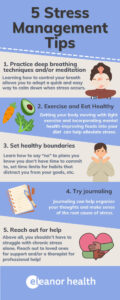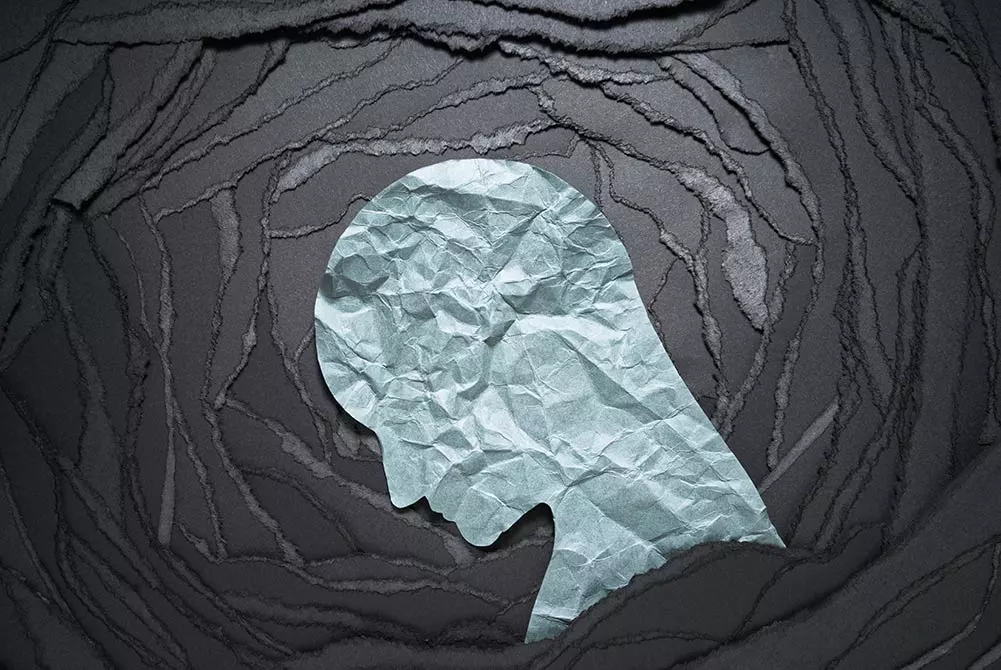Stress is something that everyone must deal with from time to time. While occasional stress is a normal part of life, chronic stress can severely impact your mental health and physical well-being. When left unchecked, prolonged stress triggers the body’s fight-or-flight response, leading to increased blood pressure, weakened immune system function, and various other health problems. Many people turn to alcohol or drugs to cope with these overwhelming feelings, potentially developing substance use disorders as a result. Fortunately, there are many skills you can learn to help relieve stress. Although stress may have taken a toll on your life in the past, it is never too late to try to reverse these effects.
Mental health professionals widely recommend various relaxation techniques for stress relief, with deep breathing exercises being one of the most effective. Taking slow, deep breaths activates your body’s natural relaxation response, helping to calm both mind and body during stressful situations. This simple yet powerful technique can be practiced anywhere, anytime.
Guided meditation and guided imagery offer additional paths to relaxation, helping you visualize peaceful scenes while focusing on gentle breathing. These practices, combined with progressive muscle relaxation, where you systematically tense and relax different muscle groups, create a comprehensive approach to stress management. Many people find that regular meditation naturally leads to mindfulness, teaching you to stay present in the moment rather than dwelling on past or future concerns.
While these techniques may seem straightforward, they require practice to master. Start with just a few minutes each day, particularly in the morning and evening, and be patient with your progress. Remember, even small steps toward relaxation can lead to significant improvements in your stress levels!
Regular exercise and healthy eating are essential self-care practices that can significantly reduce stress levels. When we exercise, our bodies release endorphins, natural mood boosters that help counter stress hormones. Even moderate physical activity for 30 minutes a day can make a remarkable difference in how you handle stress.
Start with gentle exercises that you enjoy, such as:
Your diet also plays a crucial role in stress management. While stress might tempt you to reach for comfort foods, maintaining a balanced diet helps stabilize mood and energy levels. Focus on incorporating:
Remember, these changes don’t need to be dramatic. Small, consistent improvements in diet and exercise can lead to significant benefits for both physical and mental well-being. The key is to make these self-care practices part of your daily routine, treating them as essential tools for stress management rather than optional activities.
Building and maintaining a strong social support network is crucial for managing stress effectively. While stress can sometimes lead to isolation and negative self-talk, regular social contact with understanding friends and family members can provide emotional strength during challenging times.
Consider these ways to build meaningful connections:
While social media can help maintain connections, be mindful of its impact on your stress levels. Limit exposure to social media trolls and negative online interactions that might increase anxiety. Instead, focus on nurturing genuine relationships that provide authentic support and understanding.
Whether you’re sharing concerns with a trusted friend or simply enjoying casual conversation, meaningful social connections can help buffer against life’s stressors and enhance your overall well-being.

It is easy for stress to make our minds feel “cloudy”. Because overwhelming stress pulls us in so many different directions, we often have trouble pinpointing exactly where the stress is coming from. This is where journaling comes into play.
Journaling can help organize your thoughts and make sense of the root cause of stress. Try a free-form style of journaling in which you write about whatever you want, or try guided journaling. There are many guided journals out there that provide templates for journaling for emotion regulation that many find helpful in reducing stress.
You should never have to face chronic stress and its effects alone. Prolonged stress can contribute to serious mental health conditions, including depression, anxiety disorders, PTSD, and substance use disorders. If you’re experiencing any of these challenges, it’s crucial to know that professional help is available.
Warning signs that indicate it’s time to seek professional help include:
At Eleanor Health, we specialize in treating co-occurring mental health conditions and substance use disorders that often develop as a result of chronic stress. Our comprehensive treatment approach addresses both your immediate stress management needs and any underlying mental health or substance use challenges you may be facing.
Remember, reaching out for help is the first step toward recovery. Whether you need support from loved ones, professional counseling, or specialized treatment for substance use, taking action now can prevent stress from causing further harm to your physical and mental well-being.
Eleanor Health is here to help you build your confidence and momentum towards the future you want. We provide treatment services for adults with alcohol, opioid, and other substance use disorders. We are currently located in Florida, Louisiana, Massachusetts, North Carolina, New Jersey, Ohio, Texas, and Washington.
 5 Foods for Improved Mental Health
5 Foods for Improved Mental Health
 Anxiety Disorders
Anxiety Disorders
 What Is Whole Person Care?
What Is Whole Person Care?